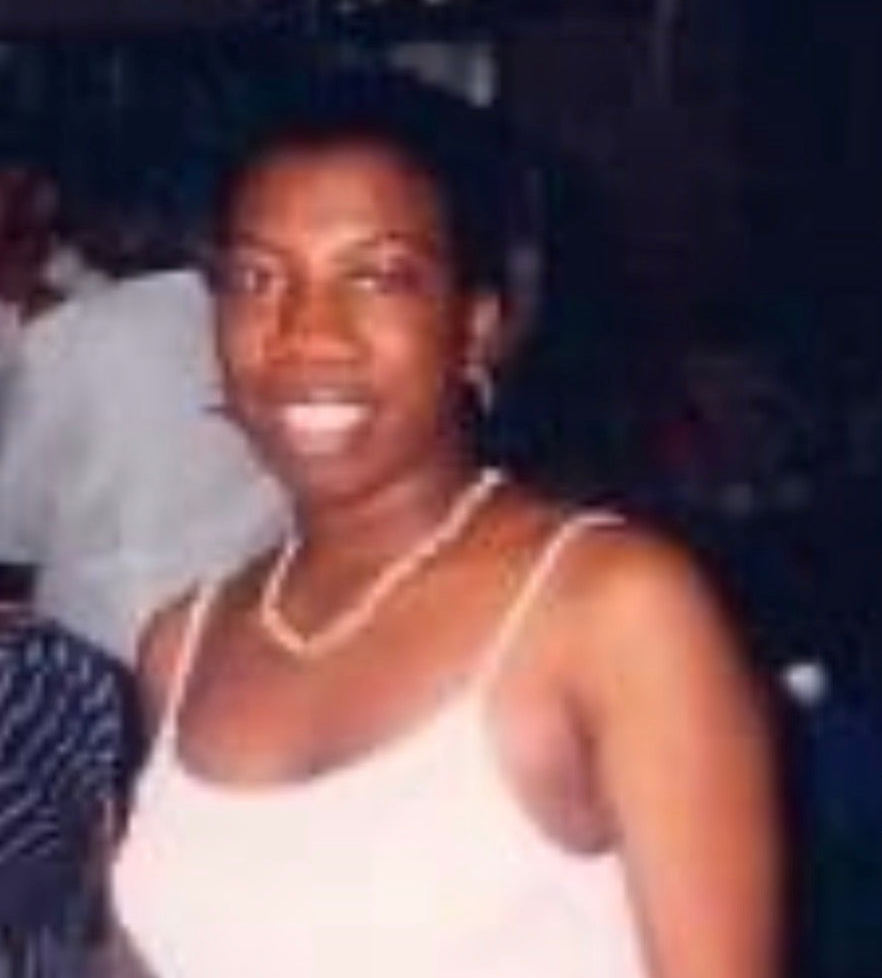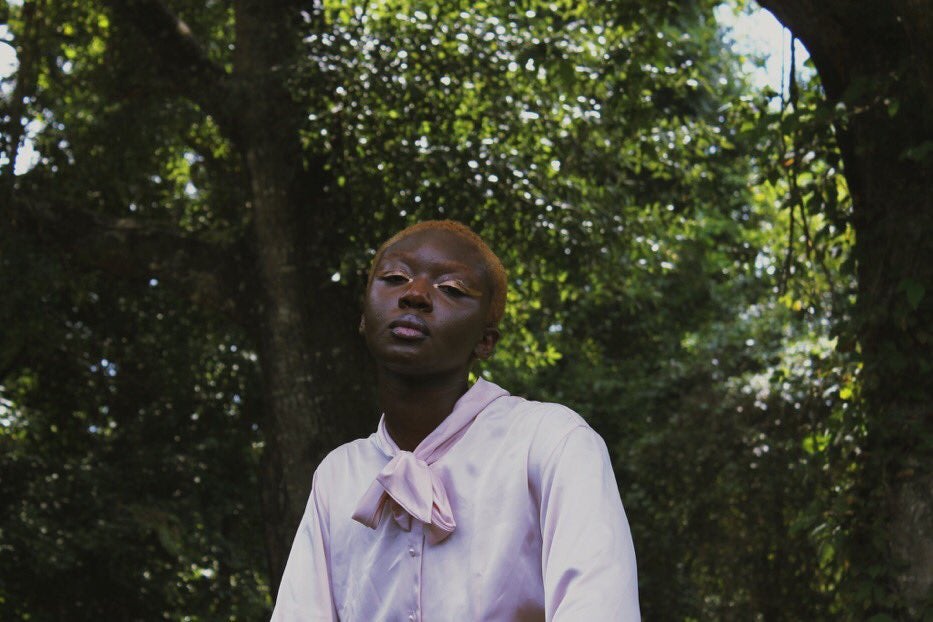My nineteenth birthday was in September of 1992. I had returned to my alma mater, Alabama State University, for my sophomore year, even after receiving a letter saying that I was banned from campus housing because a few “misunderstandings” in my freshman year led me to have more interactions with campus police than was advisable.
I spent most of that school year in a perpetually insecure housing situation. That means I did things like going to a guy friend’s house for a little group kickback and partying until I “passed out” and ended up staying over. Or hanging out in some friends’ dorm room for a few nights and sneaking into the empty bed in the adjoining suite, all while ducking the RA to avoid being tossed out of the dorms permanently. And when things got really, really crazy at one point, I snuck through the window of my friend Eddie’s all-male rooming house and slept in his room. The first night I did that, Eddie wasn’t home and he offered his bed to me but didn’t tell his roommates. I woke up to a very erect, half naked dude standing over me, pulling on his penis and smiling while tossing up a drink into his mouth.

Another night, after catching a ride halfway to the house with some classmates, I had to walk the rest of the distance alone in the dark. About two Alabama blocks from the spot, this group of dudes in a car passed me. They were yelling out the window. When I ignored them, they suddenly turned on their bright lights and drove at top speed backward down the block straight at me. When the car reached me, the guy asked if I would get in. I declined and one of them jumped out from the back seat and tried to force me into the car. I yanked free and ran like a bat outta hell as the echos of their laughter chased me into the darkness.
All of these memories came flooding back as I read the story of 19-year-old Oluwatoyin “Toyin” Ruth Salau.
A Life Disrupted
There has been so little information about Salau and her life. And different social media platforms reveal different parts of her. On Twitter she was expressive and witty, often sharing ironic or satirical posts about life. She talked about both her love of hip-hop and her growing political consciousness to her small group of followers pretty regularly. On Facebook, where she was followed by her mother and extended Nigerian community, she talked mostly about her faith and devout Christian beliefs.We also know that she wanted to be a cosmetologist. She attended a program at Lively Vocational College in Tallahassee, Florida, her hometown, last fall and should have been a part of the school’s graduating class this past June. According to JoJo Power, her instructor, she just suddenly stopped coming.
The Lively virtual graduation was held on June 4, without Salau. On June 6, she met Aaron Glee, Jr., 49, the man who would eventually take her life after approaching her at a bus stop.
Salau’s life—and death—has been haunting the hearts and minds of Black women across the country for weeks now. For 11 days, her friends and family, along with the Tallahassee police department, searched for her. On June 11, that search took a turn when a 75-year-old White woman named Victoria Sims was reported missing from her apartment. Two days later, after tracing Sims’s cell phone, police were led to Glee’s home. He would eventually admit to the kidnap, rape and murder of Salau and subsequent murder of Sims.
Living Out Loud, Invisible
Like so many other Black girls trying to find a pathway to safety, Salau was left to navigate life and living on her own. Over the span of three months, she had described herself on social media as having both impaired vision and PTSD. She also described an earlier sexual assault by an adult man and talks about having an “unjust” living situation from which she felt compelled to flee.
Salau deserved to be seen and heard and loved and protected and she didn’t get that.
Why didn’t anyone show up for Salau when she needed it most?
While we may never know the answer to that question, we can understand more by examining Black girlhood in America more closely.

In 2017, a study by Georgetown Law Center called Girlhood Interrupted: The Erasure of Black Girls’ Childhood, found that adults viewed Black girls “as less innocent and more adult-like than White girls of the same age, especially between 5 and 14 years old.” When compared with White girls, Black girls were perceived as: needing less nurturing, protection, support and comfort; being more independent and knowing more about adult topics, including sex. Further, Black women have the second highest rate of sexual violence in the country, with 60 percent of Black girls experiencing some form of coercive sexual contact before the age of 18.
The Black and Missing Foundation reports that approximately 64,000 Black women and girls have gone missing in this country. We make up 7 percent of the population, but 10 percent of the cases. And in 2018, the FBI reported that although Black children account for 14 percent of the country, they make up 37 percent of the missing children cases. Black girls make up 40 percent of domestic trafficking cases in the U.S. And, tragically, Black women experience higher rates of psychological abuse including humiliation, insults and name-calling.
Black women are 25 times more likely to be murdered by a man than White women.
This is the world that Salau had to navigate, largely alone. By the tender age of 19, she was already included in too many of these statistics. Although she was fighting her way out and planning for a great future, she ultimately succumbed to the type of vulnerability that housing insecurity, financial instability, PTSD, health complications and being Black and femme can bring.
Is Our Living In Vain?
The last images that we have of Salau, who was strikingly beautiful, are of her taking part in a local Black Lives Matter protest in Tallahassee. She was fired up about the deaths of George Floyd and Tony McDade, the local trans man killed by police in May. Salau expressed a kinship with McDade, who experienced sexual abuse and was at times suicidal, and pledged to make sure his story was told. “…We do not ask for our stories to be put on display for pity but we deserve to be SEEN,” she posted on Twitter along with a snapshot detailing some of McDade’s story. Salau deserved to be seen and heard and loved and protected and she didn’t get that.
In the words of her girlfriend, Khepera, “I personally think the best way to honor her memory would be for more people to look out for Black girls and advocate more actively for us.”
The thing I remember most about turning 20 was feeling determined and hopeful. My housing situation was finally stable. Eddie, the same friend who used to let me crash in his room, took me out to celebrate. Later that semester, I cofounded the African-American Student Alliance on campus and organized students to protest against the unfair expulsion of Black students off campus. Like Salau, my political consciousness was growing; but unlike her, my life was not snatched away by a man who preyed on my vulnerability and aloneness in the world. Unlike her, I was able to live and risk and fail and try—and try again.
Oluwatoyin Ruth Salau, 19, activist, revolutionary, visionary, sister, friend, should have had that chance. All Black girls should have that chance.
Now, our goal, the collective goal of all of us who profess to care about Black girls, is to make sure they do.